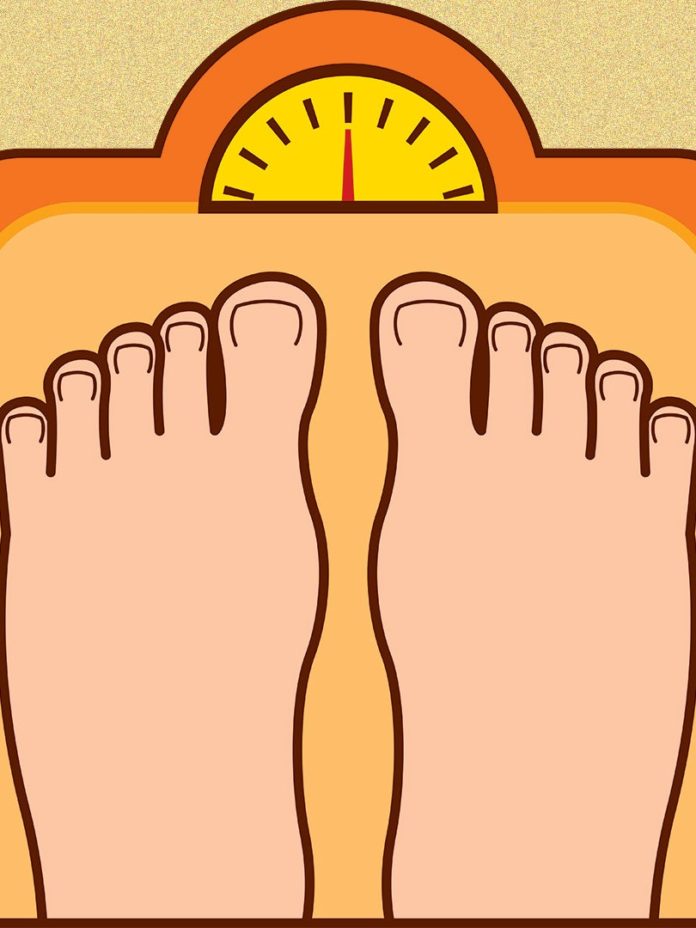Children and teenagers are frequently subjected to intense peer pressure to conform to stringent, unrealistic, and damaging cultural expectations of beauty, body type, weight, and shape. The pursuit of the ideal physique or look may have a significant impact on self-esteem, as well as physical and mental health.In general, “body image” refers to how people think, feel, and view their own bodies. Because of the enormous physical and mental changes, as well as societal influences, it can be challenging to maintain a good body image during adolescence.
Low self-esteem, substance abuse, eating disorders, and abnormal body weight, including being underweight or overweight, are all risks for children and teenagers who have unfavourable ideas about their bodies. ALSO READ : WHY IS WATER IMPORTANT?
When you discuss body image, you might:
- Make positive statements. Avoid making remarks regarding the look of other people’s bodies in general. Rather, focus on a person’s personal qualities, such as optimism, perseverance, and compassion. When someone loses weight, for example, comments about how terrific they look are common. Compliment their hard work, focused effort, and tenacity instead of remarking on how their present physique compares to their previous body. Also, while discussing exercise, highlight the benefits: it increases health and strength, rather than the drawbacks: weight loss. Create an atmosphere free of cruel nicknames, remarks, or jokes based on a person’s physical appearance, weight, or body shape.
- Set a positive example for your children. Your child will be influenced by how you talk about and approach your body. Avoid saying things like “your body doesn’t fit your clothing” or “your body isn’t good enough.” Another good habit to demonstrate is participating in activities with your children rather than avoiding them because of your body image, such as snapping photographs. Also, don’t miss meals, make an effort to consume nutritious foods, and don’t penalise yourself if you eat something bad.
- Explain how puberty affects a person’s life. Ascertain that your child is aware of the pubertal changes that will occur, as well as the fact that weight growth is a healthy and typical component of development.
- Let’s talk about the media’s messaging. Social media, movies, TV programmes, publications, and ads frequently convey the idea that only a particular body type or skin colour is acceptable, and that keeping a pleasing look is the most essential aim. Even media that promotes being healthy, athletic, or fit may represent a narrow, toned, and slender body type. Children and teens may strive to meet ideals that do not exist in the actual world as a result of continual exposure to these media pictures and messages. As a result, talk to your youngster about everything and let him or her make his or her own decisions.
Other ways to foster a positive body image in your child, aside from talking to them, are as follows:
- Make good eating habits a habit. Teach your teen how to eat a well-balanced and healthful diet. Provide a diverse selection of foods. Discuss how food fuels their body rather than categorising foods as good or harmful. Eat until you’re satisfied rather than until you’ve finished all of your food.
- Limit your use of social media. Teens are bombarded with messages on social media that may affect their body image. In addition to watching how others react to these photographs, the images people view may influence how they perceive their own bodies. Limit how much time kids spend on social media and what kind of content they read or share.
- Encourage your kid to engage in physical exercise. Participating in sports and other physical activities, especially ones that do not place a focus on a certain weight or body type, can aid in the development of a healthy self-esteem and a good body image.
- Encourage the formation of good friendships. Accepting and supporting your child’s friends may be a positive impact. Friends that have a good connection with their body, in particular, may be a great influence.


